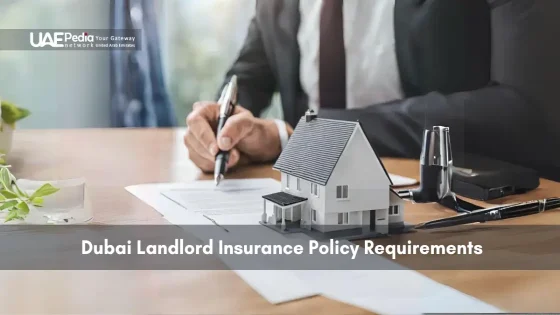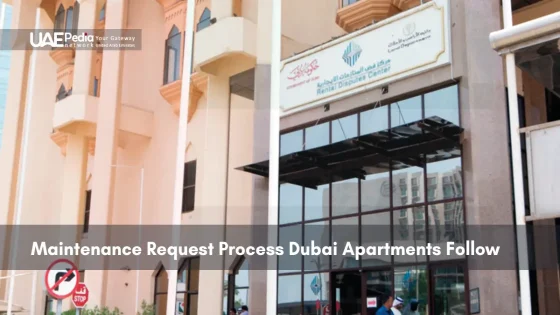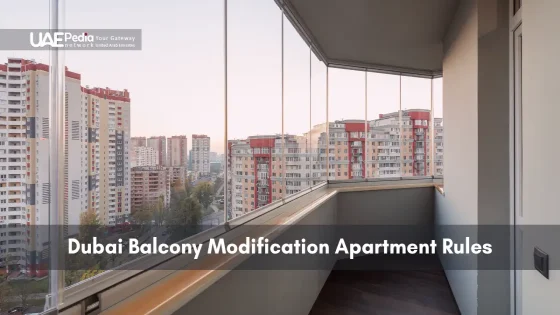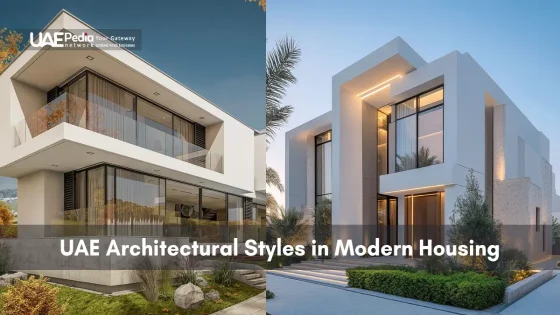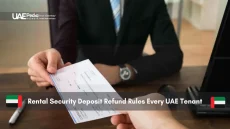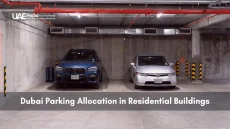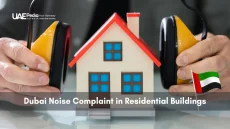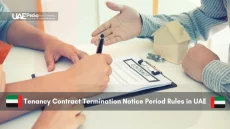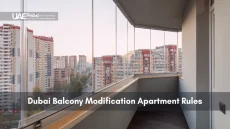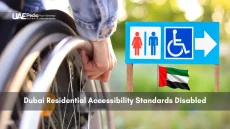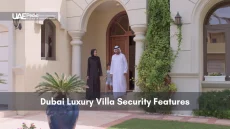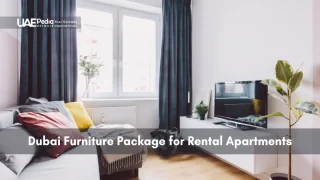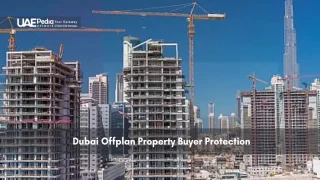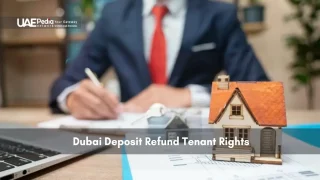Did you know 73% of property investors in premium developments like Dubai Hills Estate underestimate their coverage needs during the first five years? In a city where skylines evolve faster than smartphone models, protecting your real estate assets isn’t optional – it’s survival.
Whether you own a sleek downtown apartment or a villa in The Oasis, the right coverage acts like an invisible safety net. It shields against fire incidents, water leaks from that luxury penthouse jacuzzi, or even unexpected tenant disputes. High-value properties demand more than basic plans – they require tailored solutions matching their unique risks.
Many owners focus solely on structural protection, forgetting about interior finishes or smart home systems that add significant value. A well-crafted plan covers both, turning potential disasters into manageable hiccups. Partnering with local experts ensures your policy aligns with Dubai’s specific regulations and market trends.
- Custom coverage adapts to your property’s location and features
- Comprehensive plans protect structures and high-end interiors
- Professional guidance helps navigate regional legal nuances
Dubai Landlord Insurance Policy Requirements: An Essential Overview
Imagine waking up to a flooded penthouse or kitchen fire in your rental – would your current plan cover the costs? In fast-paced markets where luxury meets desert climate swings, protection plans act like invisible bodyguards for your assets.
Why Smart Owners Never Skip This Step
Home protection plans and rental-specific coverage work like twin safety nets. The first shields your personal spaces – think smart home systems or marble floors. The second guards against tenant-related risks, from broken leases to accidental damage.
Consider Emaar’s waterfront towers: their floor-to-ceiling windows demand specialized windstorm clauses. Basic plans often miss these details, leaving owners exposed. Comprehensive options typically range from AED 1,500 to AED 5,000 annually – a small price against potential six-figure losses.
Beyond Bricks and Mortar
True security lies in understanding what’s included:
- Structural repairs after electrical fires or pipe bursts
- Temporary housing costs if damage makes the unit unlivable
- Replacement value for high-end appliances and designer finishes
One high-rise owner in Marina learned this hard way when a neighbor’s AC leak ruined their custom cabinetry. Their upgraded policy covered full restoration – basic plans would’ve only paid for standard materials.
Always ask about exclusions. Most policies skip gradual wear-and-tear, while premium add-ons protect against sudden market shifts affecting rental income. It’s about building a financial fortress that adapts as your property evolves.
Key Elements of a Comprehensive Landlord Insurance Policy
What separates a basic safety net from true financial armor for your property? Think of it like a three-layer shield—structure, stuff, and legal safeguards. Federal Law No. (1) shapes these plans across the Emirates, ensuring they meet modern urban challenges while respecting regional specifics.
Coverage Details: Structural, Contents, and Liability
Structural protection acts like your building’s skeleton guard—repairing walls after storms or fixing electrical systems fried by power surges. Contents coverage handles the “wow factor” interiors: smart home tech, imported tiles, or that statement chandelier. Liability? That’s your legal umbrella when accidents happen.
| Coverage Type | What’s Protected | Common Limits |
|---|---|---|
| Structural | Walls, permanent fixtures, roofing | Up to property rebuild cost |
| Contents | Furniture, appliances, decor | Actual cash value or replacement |
| Liability | Tenant injuries, property damage claims | Typically AED 500k–2 million |
Policy Exclusions and Premium Considerations
Most plans skip gradual issues like rust or mold—they’re built for sudden crises. Premiums swing based on your home’s value (always get professional appraisals) and location. Beachfront spots might pay 15% more for storm coverage than inland homes.
One golden rule: Update valuations yearly. That marble flooring upgrade? It could push your contents coverage needs 30% higher. Underestimate, and you’re playing catch-up after disasters strike.
Legal Framework and Regulatory Considerations in Dubai
Ever wonder why that gleaming tower in JBR stays protected during desert storms or tenant disputes? The answer lies in UAE’s legal scaffolding – a blend of federal laws and local wisdom that keeps real estate investments secure.
Your Policy’s Legal Backbone
Federal Law No. 6 of 2007 acts like a rulebook for insurers, requiring fair claim handling within 15 days. Its 2018 update (Law No. 3) added teeth – companies now face fines up to AED 500k for delaying valid claims. These laws ensure your personal belongings and structural repairs get equal attention.
Take Dubai Marina high-rises: Their floor-to-ceiling windows need policies covering both wind damage and liability if glass falls. The UAE Insurance Authority reviews these cases, often requiring specialized clauses for waterfront properties. One resident’s apartment flood from a neighbor’s AC leak became a landmark case – their upgraded coverage paid for Italian marble restoration thanks to precise legal wording.
When Lawyers Become Lifelines
Insurance attorneys decode the fine print most miss. A recent dispute over a caused fire in Business Bay showed how policies often exclude “gradual damage” – but skilled lawyers proved the spark was sudden. They recovered 92% of the property value loss.
- Annual policy reviews catch outdated coverage limits
- Legal experts negotiate exclusions for smart home systems
- Compliance checks prevent regulatory penalties
Pro tip: Always ask lawyers about “replacement cost vs. actual cash value” clauses. That difference could decide whether your building gets rebuilt with original materials or basic alternatives. Smart protection starts with knowing the rules – then bending them in your favor.
Managing Risks: Fire Safety, Cladding Concerns, and Natural Disasters
When flames engulfed the 35th floor of Zen Tower in 2020, residents learned a harsh truth: some risks hide behind glossy facades. Modern high-rises face unique challenges – from aging cladding materials to desert climate extremes – that demand smarter protection strategies.
When Design Flaws Ignite Crises
Three landmark cases reshaped urban safety standards:
- Torch Tower (2015 & 2017): Combustible cladding helped fires spread 20x faster – claims exceeded AED 40 million
- Almas Tower (2019): Faulty wiring caused 18-floor evacuation – 60% of affected units lacked adequate coverage
- Marina District (2022): Sandstorms damaged electrical systems – 73% of claims involved preventable maintenance issues
New Rules for Safer Skylines
Post-2021 updated building codes transformed safety protocols:
| Old Standard | New Requirement | Risk Reduction |
|---|---|---|
| PE-core cladding | Fire-retardant mineral wool | 82% slower flame spread |
| Annual inspections | Quarterly system checks | 67% fewer electrical fires |
| Basic extinguishers | Smart smoke detectors + sprinklers | 91% faster response |
Investors now see premiums drop 12-18% for compliant properties. Regular risk assessments – especially for buildings constructed before 2018 – help secure better rates. Simple upgrades like flame-resistant curtains or balcony partitions often pay for themselves through insurance savings.
One Business Bay owner slashed their annual costs 23% by replacing outdated cladding and installing thermal sensors. As regulations evolve, proactive measures become the ultimate shield against unpredictable threats.
Final Insights on Securing Your Investment in Dubai’s Property Market
What’s your safety net when the unexpected strikes? Protecting high-value assets requires more than checklists—it demands a strategy as dynamic as the market itself. Smart owners balance sleek aesthetics with ironclad safeguards, turning potential disasters into manageable speed bumps.
Three pillars form your financial armor:
Comprehensive coverage that addresses both structural risks and premium interiors.
Legal awareness to navigate regional regulations effortlessly.
Proactive upgrades adapting to climate shifts and market trends.
Recent cases show how burst pipes can ruin custom finishes (contents protection saves the day) or how updated laws impact liability limits. Regular reviews with experts help spot gaps—like that smart home system needing special clauses.
Your next steps?
1. Schedule annual coverage checkups
2. Document property upgrades meticulously
3. Build relationships with local legal advisors
True security lies not in avoiding risks, but in crafting solutions that evolve with your property’s story. Stay curious, stay covered, and let your investments thrive through every market twist.
While not federally mandated, most banks and mortgage providers require it under Federal Law No. 5. High-rises in areas like Dubai Marina often enforce coverage through building management regulations.
Natural disasters like flash floods in wadis or sandstorms might need add-ons. Wear-and-tear damage or tenant negligence (like unapproved renovations) also often fall outside basic policies.
Post-2017 Grenfell Tower updates, Dubai tightened rules on flammable cladding. Owners must ensure buildings meet Civil Defence’s fire-rating standards—non-compliance can void claims and increase premiums.
Seek legal advice if disputes arise over liability for damages (like burst pipes affecting multiple units) or if your provider denies a claim unfairly. Lawyers versed in UAE Insurance Law can clarify obligations.
Absolutely! Re-evaluate your plan after renovations, market shifts, or adding high-value furnishings. Underinsuring risks partial payouts; overinsuring wastes dirhams better spent elsewhere.
Standard plans often exclude short lets. Hosts in tourist zones like Palm Jumeirah need specialized coverage for guest-related incidents—think stolen electronics or accidental kitchen fires.
Older properties in Deira or Bur Dubai may cost more due to aging electrical systems. Newer builds with smart leak detectors or sprinklers often qualify for discounts—ask your provider!
Document everything immediately—photos, police reports, repair estimates. Notify your insurer within 24-48 hours. Delays can complicate assessments, especially in multi-owner towers.
Annually at minimum—or after major events like tenant turnover, regulatory changes, or extreme weather. Market shifts in areas like JBR could also affect rebuild costs.
